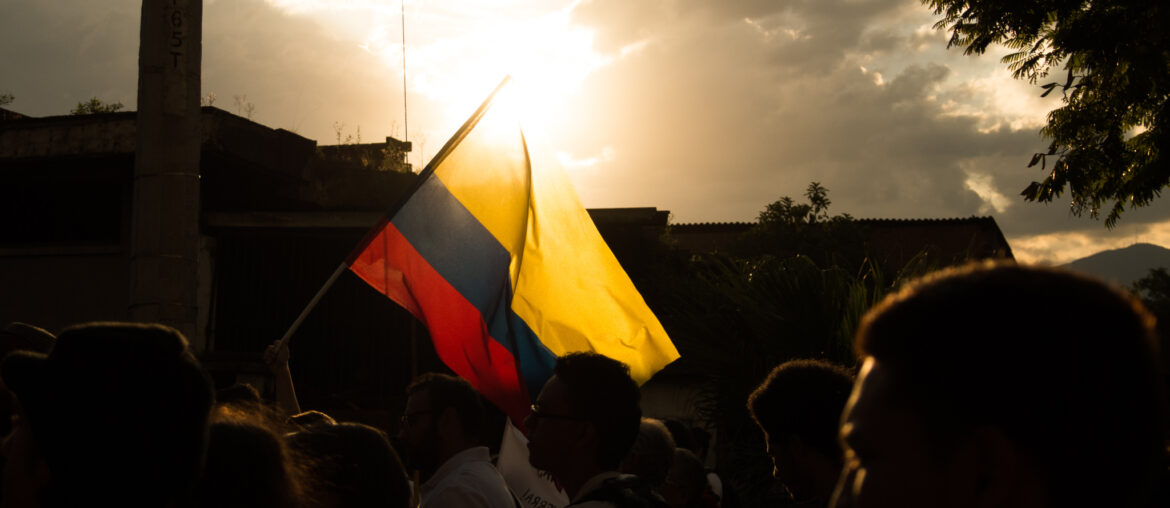Summary
The Secretariat on Policies Affecting Displaced Persons requested the Court to issue a judgment concerning the situation of the displaced population amidst the COVID-19 pandemic, given that the State response to the pandemic had not included a category for displaced persons. Instead, the State response and envisioned aid only included older persons and persons experiencing poverty and vulnerability more broadly. The Secretariat, in submitting the request for an auto, explained that given the persistence of the state of unconstitutional affairs regarding displaced persons, and thus the continued jurisdiction of the Court to oversee implementation of policies to include their situation, it was within its scope of power to issue this decision. The Court agreed, further explaining how the Auto complied with separation of powers doctrine and with the mandate it had under the T-025 of 2004 cases.
The Secretariat asked the Court to issue the following orders to the National Government pertaining specifically to the displaced population: (1) allowance to cover basic needs; (2) special protection measures for older persons with heightened health risks; (3) use of the Displaced Persons Register to prioritize people within the displaced population; (4) creation of special protection measures for regions affected by structural violence and special economic vulnerability.
The Court first surveyed the three forms of governmental aid available during the COVID-19 pandemic: (1) social protection measures; (2) humanitarian aid; and (3) holistic reparations for victims of the armed conflict. All of these forms of governmental aid are applicable under distinct contexts. For instance, aid for holistic reparations for victims of armed conflict is not the same as programs for social protection that are available to the entire population. Nonetheless, the Court established that internally displaced persons qualify for all three types of governmental assistance. This is due to the prolonged humanitarian crisis they face, the extreme poverty affecting the majority of the displaced population, and the disproportionate impact of violent acts committed during the armed conflict on the displaced population. In sum, displaced persons qualify for social protection measures due to their situations of extreme poverty and vulnerability; for humanitarian aid due to their forced displacement and to reparations due to their status as victims of the armed conflict.
The Court also reiterated the requirement of the National Government to be guided by principles of equality and non-discrimination towards the displaced population when implementing social policies. This is because, due to their displaced status, internally displaced persons suffer from discrimination and inequality. These principles thus require the state’s response to include explicitly the situation of IDPs in its response to the COVID-19 pandemic.
